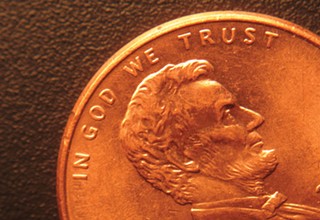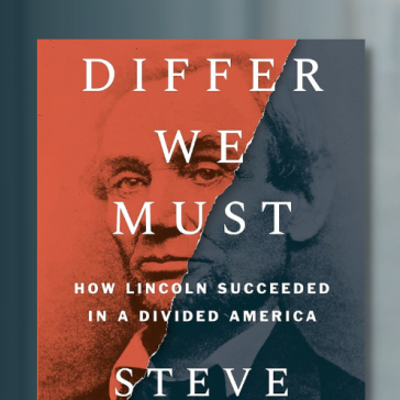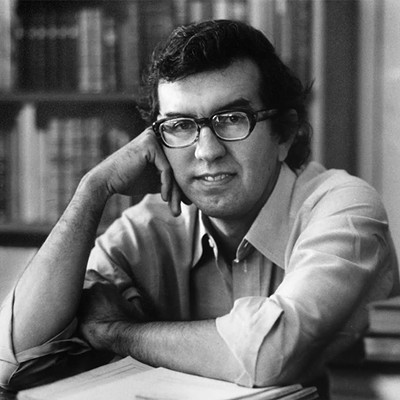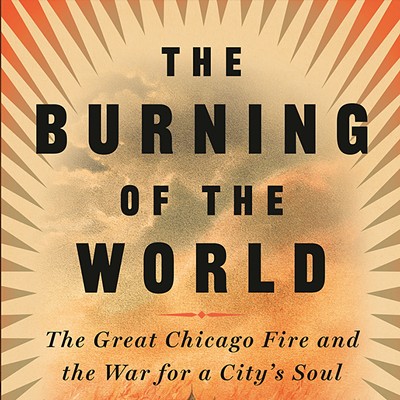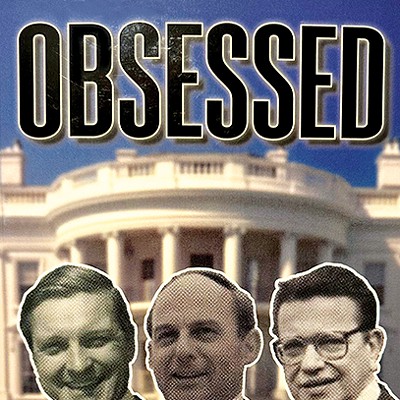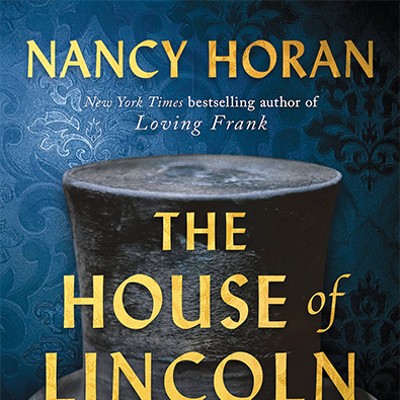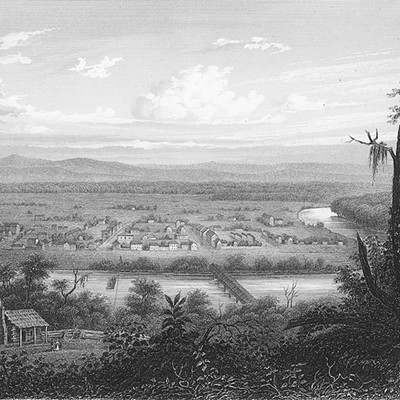Ever since Abraham Lincoln ran for Congress in 1846 and his opponent, the fiery Methodist minister Peter Cartwright, accused him of being an "infidel," at least a certain segment of the population has been interested in the facts about Lincoln's religious faith. As it turns out, those facts are not necessarily easy to determine.
Biographers and other historians tend to hold either of two opposing opinions: 1) Lincoln was, in fact, an infidel (a nonbeliever in Christianity) and always remained one, or 2) Lincoln was evidently a religious skeptic as a young man, particularly in New Salem, but, while never a "technical Christian," he became much more dependent on God during his presidency, especially after the death of his son, Willie, in February 1862. William H. Herndon, Lincoln's third law partner, spread the idea that Lincoln was always a non-Christian, while people who knew Lincoln in Washington, D.C., gave examples of Lincoln's developing faith.
Over the century and a half since Lincoln's death, at least a dozen theologians and historians have written books specifically examining Lincoln's religious faith from various angles. Most of these authors ultimately side to some degree with the opinion that Lincoln's perspective was quite different in Washington from his earlier years in Illinois.
The newest addition to these studies is Joshua Zeitz's Lincoln's God: How Faith Transformed a President and a Nation (Viking, 2023). Zeitz, a historian and journalist, has previously studied Lincoln's secretaries in Lincoln's Boys: John Hay, John Nicolay, and the War for Lincoln's Image (2014), among other subjects.
One of the major distinctives and strong points of Zeitz's work is his decision to present Lincoln's spiritual journey in the context of an extensive summary of antebellum American religious history. Previous authors have certainly included some background context, such as discussions of the separate Calvinist Baptist churches joined by Lincoln's parents, against whose teachings, particularly predestination, Lincoln rebelled. But none have included so much detail about the development and effects of evangelicalism during the era.
An evangelical in the 19th century may be described as a person who believed in God as a Trinity (Father, Son and Holy Spirit), that human beings were born sinful, and that by repentance and faith in Jesus Christ a person could be saved from those sins and receive the hope of eternal life. That a person could choose to accept or reject God's offer of salvation differed from the ideas of the Calvinists that Lincoln was familiar with, who taught that God chose, or predestined, a person to be saved or condemned, and individuals had no choice.
Lincoln did not become an evangelical. However, he had many opportunities to interact with them as several evangelicals became reforming Republicans during the 1850s, supporting Lincoln's election in 1860 and 1864, and urging him toward the abolition of slavery. Many of the northern evangelical clergy were outspoken advocates of the Union cause during the Civil War, preaching that God was on the Union side.
This opinion contrasted with Lincoln's own, which Zeitz and some other authors suggest was influenced by Lincoln's early exposure to predestination doctrine. As Lincoln so eloquently expressed it in his second inaugural address on March 4, 1865, God apparently willed the war as punishment for the sin of slavery – a punishment of both the North and the South – and He would end the war in His own timing. Although by this point Lincoln saw himself as, in some way, God's "instrument" in the situation, he had no assurance that he understood God's purposes or that God had chosen him for the winning side.
Lincoln's sincere use of biblical concepts and language, culminating in the second inaugural but increasingly evident in other earlier writings as the war progressed, demonstrates the change in his religious attitudes subsequently denied by Herndon and his followers. Although Lincoln had no known conversion experience, it seems evident that he found the reliance on "cold, calculating, unimpassioned reason," which he had espoused in his 1838 Springfield Young Men's Lyceum Speech, to be insufficient for the burdens of the presidency.
Although Lincoln was not an evangelical, because of the situation and Lincoln's spiritual insights, Zeitz suggests that Lincoln might actually be considered the country's first evangelical president.
If this summary seems complicated, the intricacies of the subject explain the need for Zeitz's book-length treatment. He writes clearly and chronologically, with concise but helpful explanations for those who have limited or no background in American religious history. Lincoln's spiritual journey was not a typical one for a 19th-century American, and Joshua Zeitz's new book helps the reader to understand why.
Springfield historian Glenna R. Schroeder-Lein has read lots of Lincoln books. She has written numerous articles and reviews, as well as several books, including Lincoln and Medicine.

